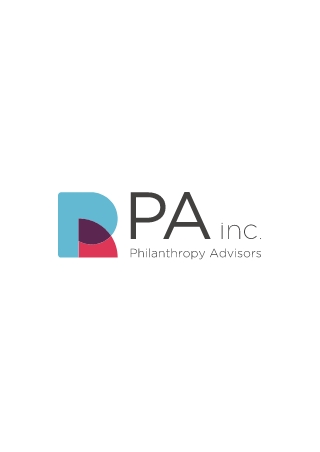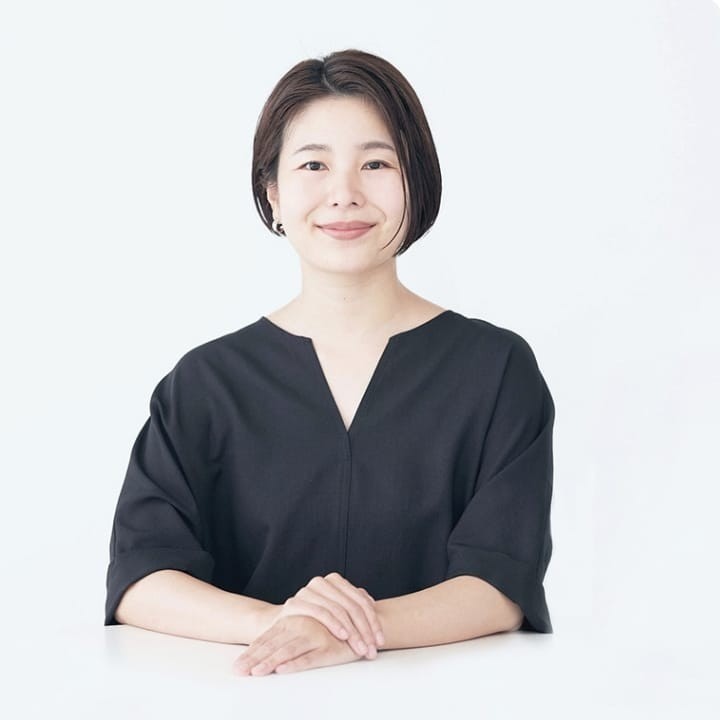Mr. Fukudome is not only addressing social issues through his business focused on regional revitalization, but he also actively engages in disaster relief and policy advocacy in his personal capacity.
Through his bold and hands-on approach to tackling diverse societal challenges, we hope to explore the essence of his philanthropic philosophy.
INFO

Hiroshi Fukudome: Shifting an Entrepreneurial Mindset Toward the Public Good—Building Scalable Models to Tackle Social Challenges.
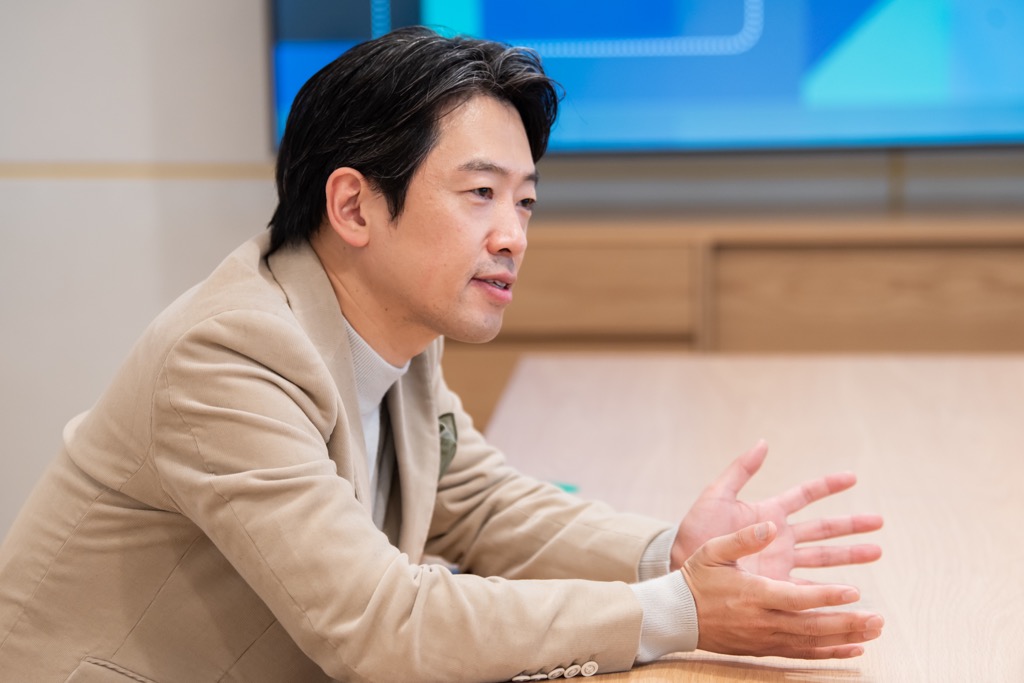
Profile
Hiroshi Fukudome
President & CEO, Change Holdings, Inc. (TSE Prime: 3962)Hiroshi Fukudome began his career at Andersen Consulting (now Accenture). In 2003, he founded Change Inc., and currently serves as President and CEO of Change Holdings, Inc. He is also President of SBI Regional Revitalization Services and holds various executive and non-executive board positions across group companies. His work spans regional revitalization, startup development, and technology-driven solutions.Born in 1976 in Kagoshima, Japan.
Fukudome’s approach to social impact goes beyond traditional charity. He has led disaster relief initiatives, promoted Japan’s hometown tax system through the acquisition of TrustBank, and serves as an advisor to the Policy Fund, a support project for policy entrepreneurs. His philanthropic efforts encompass policy advocacy, social innovation, and fostering a culture of giving—bridging business and public good with entrepreneurial rigor.
Philanthropy Through an Entrepreneur's Lens
“Philanthropy, to me, is using my entrepreneurial skill set and resources to help nonprofits and NGOs function sustainably.”
Fukudome sees business as a powerful tool for social problem-solving, especially in areas where economic logic and systemic challenges intersect—such as healthcare and infrastructure. However, he also highlights fields where critical issues exist but lack commercial incentives, like ocean plastic cleanup. “In these ‘grey zones,’” he says, “entrepreneurs can make the greatest impact by creating business-oriented structures for social good.”
One core obstacle for nonprofits, according to Fukudome, is the lack of a balance sheet. “Without assets or capital to manage, NGOs can’t grow sustainably.” He aims to change that by helping organizations develop financial models that allow them to attract, manage, and deploy funds more effectively.
A case in point is his support for Peace Winds Japan and the emergency medical NGO ARROWS, to whom he has provided helicopters and hospital ships to enhance their disaster response capabilities.
Model-Driven Impact
“Like Kumamon, once you create a replicable model, people will follow. Standardization is the key to scaling philanthropy.”
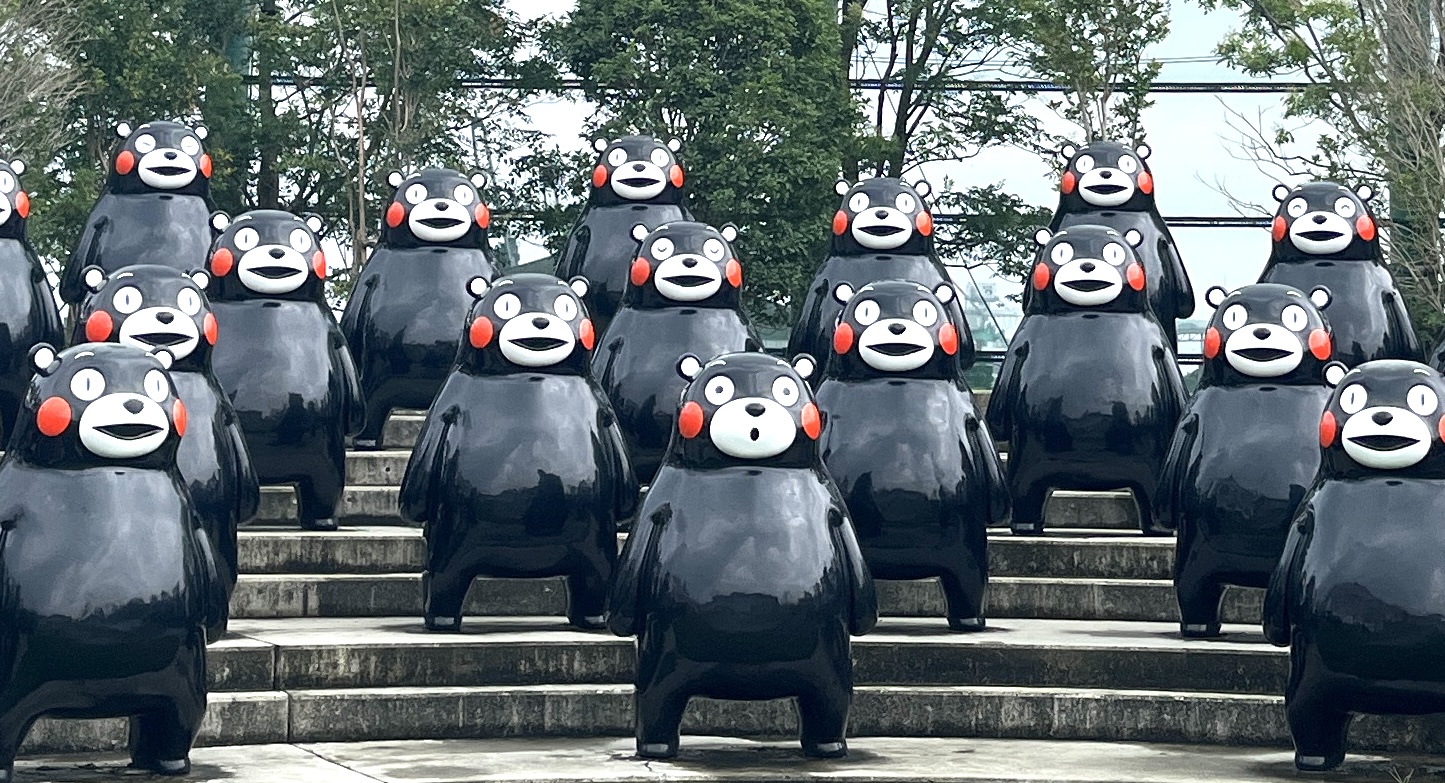
Fukudome believes that the key to regional revitalization lies in crafting scalable frameworks. He references “Kumamon,” the mascot that helped make regional branding a national movement in Japan. “Replication and format—not creativity alone—drive success,” he says. “The same goes for philanthropy. If we create successful, repeatable models, more people and organizations will get involved.”
His work with Furusato Choice, a leading hometown tax donation platform, illustrates this approach. The platform helped grow the donation market from ¥8 billion to over ¥1 trillion in a decade—proving that strategic design can create new ecosystems of participation.
He is currently focusing on similar “model-making” in fields like regional cybersecurity, AI-driven labor solutions, and inbound tourism development.
Why Philanthropy Matters
“I want to help build a better society and hand it off to the next generation. That’s why I was born.”
A lover of history, Fukudome draws inspiration from the cyclical nature of human progress. “When people act with integrity, societies thrive. When they act selfishly, decline follows. I want to contribute to a legacy of progress.”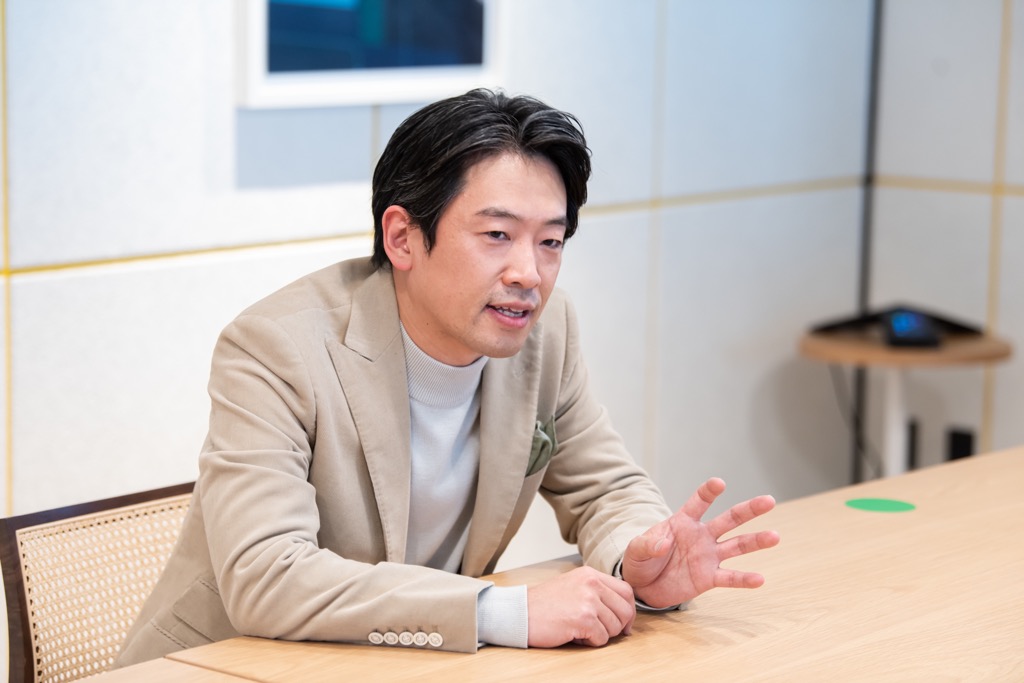
To him, philanthropy is deeply personal. “Ultimately, it’s about identity. Who are you? What do you want to leave behind?” For Fukudome, these existential questions shape both his business decisions and his philanthropic pursuits.
Vision for Japan's Philanthropic Ecosystem
“We need a map of communities—by theme and by region—so we can amplify each other’s impact.”
Fukudome emphasizes the importance of interconnected philanthropic communities. He envisions a landscape where social investors can see who is working on what—whether in arts, education, disaster relief, or regional revitalization. “Right now, many efforts are fragmented. If we connect them under shared goals, we can unlock greater leverage.”
He calls for open knowledge-sharing and transfer of know-how between organizations. “The more we build and spread successful models, the more we can spark a chain reaction of social good.”
Note
Mr. Fukudome’s work embodies a fusion of entrepreneurial acumen and a deep sense of social responsibility.
What stood out most was his commitment to bridging the gap between social challenges and funding through structural solutions. Rather than relying solely on charity or goodwill, his approach focuses on creating sustainable mechanisms to scale social impact—offering a fresh perspective on how philanthropy can be practiced moving forward.
By continually asking not just “What can one individual do?” but “What systems can we build to involve many?”, Mr. Fukudome represents a vital role model for the next generation of social transformation.
Interviwer: Co-CEO Yoshiko Fujita
translated from Japanese into English by AI
TOP

